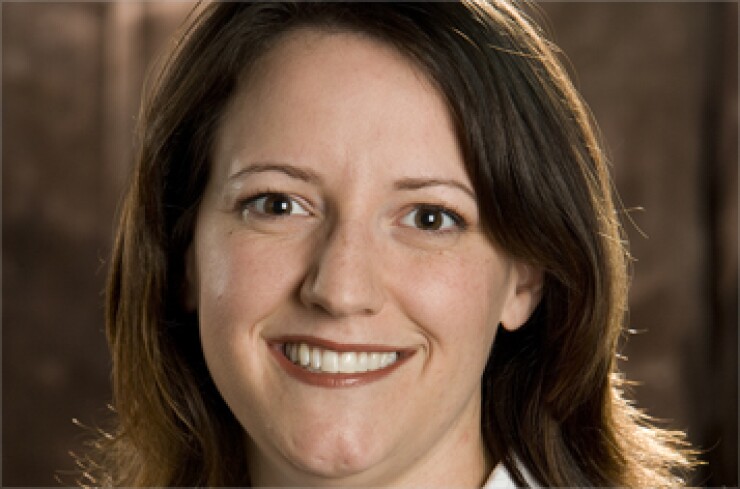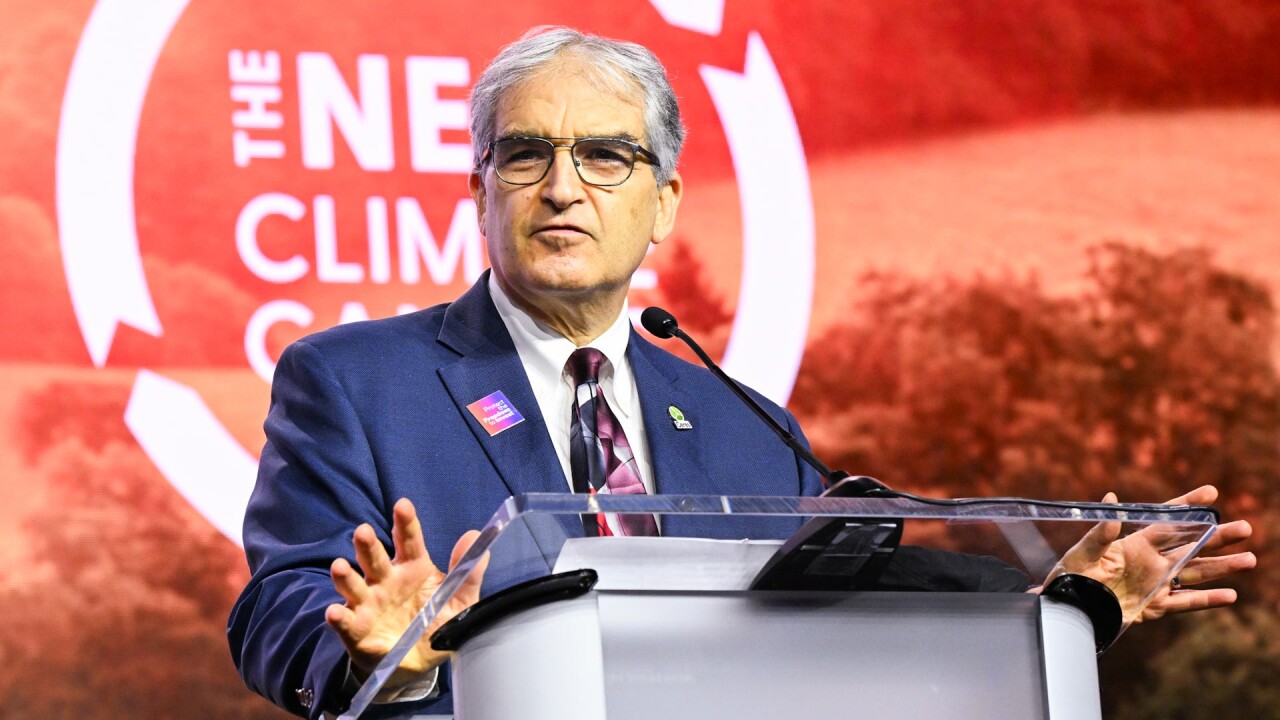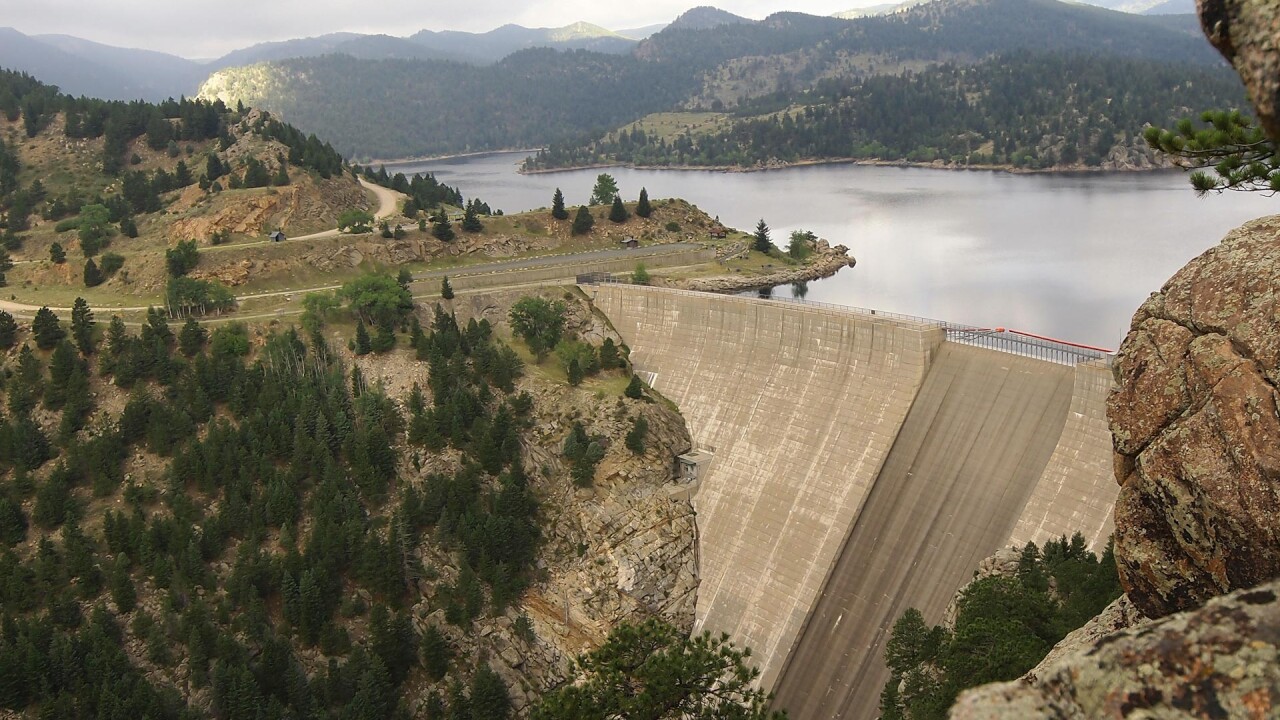
DALLAS — The steady drop in gasoline prices may make an increase in the federal gasoline tax more politically palatable as the next Congress looks for a way to bolster transportation funding, industry experts and politicians said on Thursday at a forum on infrastructure finance.
The 40% drop in the price of crude oil over the past few months and a resulting $1.00-plus decrease in the price of a gallon of gasoline provide an opportunity to look very closely at increasing the federal gasoline tax, which is currently 18.4 cents per gallon, said panelist Doug Peterson, CEO of McGraw-Hill Financial.
"There is a huge oversupply of crude oil in the market driving down the price and I think that is going to continue," Peterson said at the forum, which was sponsored by the Bipartisan Policy Center. "We could take 3 or 6 or 12 cents out of that $1.00 decrease and still give the taxpayers 95 to 88 cents of savings."
Sen. Patrick Leahy, D-Vt., who was in the audience, said he and other lawmakers intend to find some way to correlate the drop in crude oil prices to a higher gasoline tax.
"We're going to try something exciting," Leahy said. "I hope we can make it happen."
The price of oil should stabilize at about $60 a barrel, down from more than $100 a barrel earlier this year, Leahy said.
"American oil producers can survive with $60 oil," he said. "It's the market speculators who will lose money at $60 per barrel, not the oil companies."
The gasoline tax is the best way currently available to fund federal transportation spending, said Leahy.
Significant revisions are needed to the current system of federal transportation funding because the gasoline tax can no longer generate enough revenue, said Doug Holtz-Eakin, president of the American Action Forum.
"The funding mechanism is broken," he said, recommending transportation funding come from general revenues and be subject to the congressional appropriations process.
Janet Kavinoky, executive director for transportation and infrastructure at the U.S. Chamber of Commerce, said the gasoline tax remains the simplest and most effective source for federal transportation funding.
Using revenues generated through corporate tax reform for transportation would violate the principle of "user pays" that the gasoline tax provides, she said.
"Just because everyone says there is no political will to raise the gasoline tax, that doesn't mean the Highway Trust Fund is broken," Kavinoky said. "I'm not ready to give up on it as dead."
A vehicle-mile-traveled fee system may be an answer to the transportation funding puzzle but a nationwide program is at least 10 years away, Kavinoky said.
"There's a $100 billion hole in the Highway Trust Fund over the next six years and no technically viable solution," she said.
Former Los Angeles Mayor Antonio Villaraigosa was skeptical that the Republican-controlled Congress would raise the gasoline tax in 2015.
"I see no prospect for that in the short-term or even the mid-term," he said. "There is no political will in either party for that."
There should be more flexibility in the use of federal dollars for local transportation projects, Villaraigosa said.
"The federal government isn't doing what it should be doing," he said. "It should be providing incentives for states and local governments to get projects done, whether it is public-private partnerships or innovative financing that allows us to put the money to work right now."





